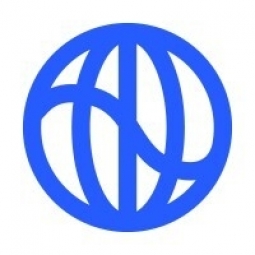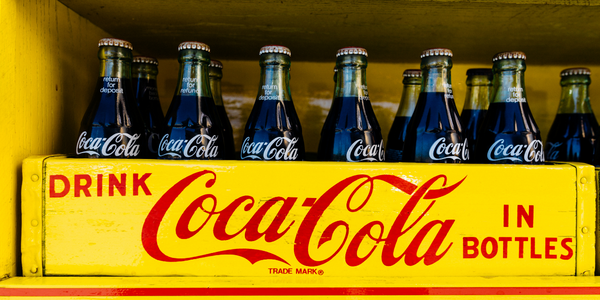Applicable Functions
- Logistics & Transportation
Use Cases
- Supply Chain Visibility
About The Customer
Samsara is a leading technology company that provides the Connected Operations™ Cloud, a system of record that enables organizations that depend on physical operations to harness IoT data to develop actionable insights and improve their operations. The company's mission is to increase the safety, efficiency, and sustainability of the operations that power the global economy. Samsara serves a wide range of customers, all of whom are part of the supply chain and operational footprint of the company. These customers rely on Samsara's products to gain better insight into their operations and achieve their sustainability goals.
The Challenge
Samsara, a pioneer in the Connected Operations™ Cloud, is committed to increasing the safety, efficiency, and sustainability of operations that power the global economy. However, the company faced the challenge of aligning its diverse stakeholders on the corporate opportunity around sustainability. As a part of the supply chain and operational footprint of its customers, Samsara recognized the importance of minimizing its own environmental footprint. The company had set a goal to be net zero by 2040 and was preparing to submit to the Science-Based Targets initiative. However, the path to achieving these ambitious goals required a deep understanding of the business and impactful actions, particularly in the areas of operations and supply chain where the company could have the biggest impact on emissions.
The Solution
Samsara leveraged its Internet of Things (IoT) technology to develop actionable insights and improve operations, thereby helping companies achieve their own sustainability goals. Neha Shah, Senior Counsel at Samsara, played a key role in this process. With her interest and background in sustainability, she specialized in Environmental, Social, and Governance (ESG) work. She worked closely with different stakeholders to align them on the company's sustainability goals. She also collaborated with the operations and supply chain teams to identify and implement the most impactful actions to reduce emissions. Furthermore, she engaged with ESG leaders and sustainability professionals at other companies to understand their priorities and stay abreast of the latest developments in corporate climate work.
Operational Impact

Case Study missing?
Start adding your own!
Register with your work email and create a new case study profile for your business.
Related Case Studies.

Case Study
Remote Temperature Monitoring of Perishable Goods Saves Money
RMONI was facing temperature monitoring challenges in a cold chain business. A cold chain must be established and maintained to ensure goods have been properly refrigerated during every step of the process, making temperature monitoring a critical business function. Manual registration practice can be very costly, labor intensive and prone to mistakes.

Case Study
Retail Uses RFID to Enable Cold Chain Monitoring
Like most grocery retailers, Hy-Vee is faced with the challenge of providing the highest quality products to its shoppers. Shoppers want the longest possible shelf life from perishable products and expect a consistent product experience each time they shop. Controlling the quality of products sold leads to shopper loyalty, which is of paramount importance to the success of Hy-Vee. Before products arrive in stores, Hy-Vee's distribution centers (DCs) handle items including dairy products, fresh meats, seafood, deli items, produce and frozen goods, all of which have different temperature needs and sensitivities. During transit from suppliers to DCs, Hy-Vee has limited visibility and temperature management abilities due to large amount of supplier managed transportation. For instance, during a week-long transit, a supplier's carrier equipment may malfunction, causing an item to thaw and then refreeze once repairs are made. Hy-Vee sought help from TempTRIP, an RFID solution provider that focuses on shipping, storage, receiving, and temperature control. TempTRIP's EPC RFID tags use Impinj chips to monitor and report temperature readings throughout the shipping and receiving process. The tags can also be re-configured and re-used, a unique feature within the current market of temperature monitoring devices.

Case Study
Covisint Improves Mitsubishi's Collaboration With Its Supply Chain
Mitsubishi sought to improve supplier relationships on a global basis and to offer an easy-to-use solution to interact with them. In August 2004, Mitsubishi selected Covisint’s platform to help improve sharing of information and collaborative business processes with its global suppliers. Covisint enabled Mitsubishi to provide its suppliers with immediate access to information and applications to obtain more collaborative working relationships










